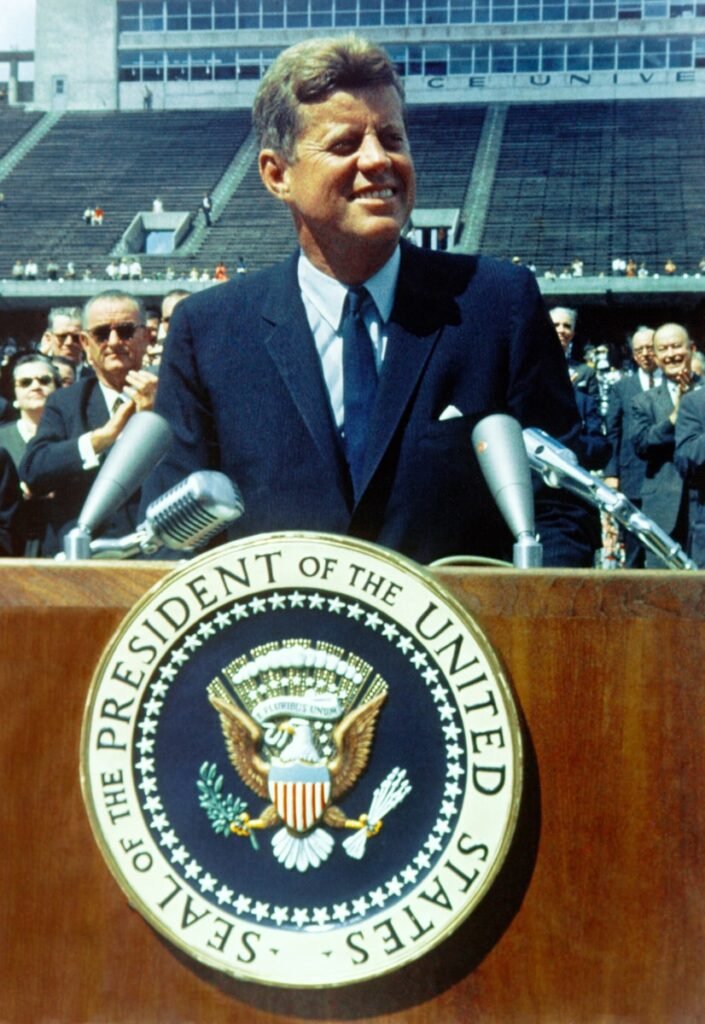Table of Contents
Context of the Controversy Attack-Dog
The ongoing political rivalry between the Bharatiya Janata Party (BJP) and the Indian National Congress has been characterized by a series of contentious remarks and ideological disagreements. The recent comments made by Congress leader Shashi Tharoor, who labeled the BJP as “attack dogs,” serve as a notable escalation of this clash. Tharoor’s remarks are emblematic of the deepening polarization within Indian politics, particularly as the two parties vie for influence in a rapidly evolving electoral landscape.
Tharoor’s characterization is significant, as it reflects a broader narrative wherein the BJP is often depicted as aggressive and confrontational in its political approach. The BJP, traditionally seen as a proponent of Hindutva and nationalistic policies, has faced criticism for its style of political engagement, which some argue has morphed into a strategy of relentless attacks on opposition figures and narratives. This perception is critical in understanding the current political dynamics, where rhetoric often overshadows substantive policy discussions.Attack-Dog
Furthermore, the personal animosities and ideological divides between the BJP and Congress have intensified in recent years, particularly in light of issues such as economic management, social justice, and historical interpretations. Tharoor’s comments not only challenge the BJP’s narrative but also signal a strategy by the Congress party to reclaim its space in Indian politics by countering what it views as the BJP’s hyper-aggressive tactics. The implications of Tharoor’s statement extend beyond mere political banter; they underscore a climate where dialogue is frequently overshadowed by partisan attacks.
As the political landscape continues to evolve, the ramifications of such rhetoric will likely influence voter perceptions and party strategies in the lead-up to future elections. This increasing tendency to frame opposition parties in adversarial terms highlights a larger trend in contemporary Indian politics, where the battle for discourse is as significant as the battle for votes.
BJP’s Counterarguments
The recent remarks by Shashi Tharoor, who suggests that the Bharatiya Janata Party (BJP) is on George Soros’ payroll, have drawn a vehement response from the party. The BJP leaders have strongly refuted such allegations, portraying them as unfounded and politically motivated attacks. They assert that these claims are a diversion from substantive discussions regarding governance and national issues. According to senior leaders within the party, there is an overarching narrative that seeks to undermine the legitimacy of the BJP by associating it with foreign influences, which the party categorically denies.Attack-Dog
The BJP emphasizes its commitment to India’s sovereignty and independence from external influence, framing its response as a defense of national interests. Through various platforms, party spokespeople have articulated that the BJP represents the voice of the Indian populace, devoid of any dependency on foreign entities. This assertion resonates with their broader strategy to bolster nationalistic sentiments among supporters, thereby consolidating their image as a party focused on India’s progress and self-reliance.Attack-Dog
In addressing Tharoor’s comments, the BJP has also employed a strategy that seeks to engage the public in a dialogue about the significance of domestic policymaking versus external opinion. The party aims to counter the narrative of being subservient to foreign powers by highlighting its achievements and governance model. Consequently, BJP leaders have attempted to mobilize their grassroots efforts by leveraging social media and public forums to communicate their counterarguments effectively. This approach not only strengthens their defense against allegations but also reinforces the story of an independently driven party working in the best interest of its citizens.Attack-Dog
The Role of George Soros in Indian Politics
George Soros, a prominent billionaire and investor, is often cited in discussions surrounding global politics and influences. His philanthropic endeavors through the Open Society Foundations have made significant impacts across various countries, including India. Despite the positive nature of his contributions to civil society movements, there is a growing perception that his involvement represents a form of foreign interference, particularly in matters of national politics. This idea has been leveraged by various political parties to strengthen their narratives.Attack-Dog
Soros has frequently been accused by political figures in India of funding opposition parties and civil society organizations that challenge the ruling government. This notion aligns with a broader narrative that suggests an external attempt to destabilize the political landscape, leading many to frame him as a controversial figure within Indian political discourse. Such references often resurface during electoral campaigns or during significant political events, where parties seek to rally their supporters against perceived external threats.Attack-Dog
Moreover, the discourse surrounding Soros has contributed to polarizing opinions among the Indian public. Supporters of the ruling party may view his actions as an affront to national sovereignty, thereby intensifying their resolve against political opponents. On the other hand, some view the skepticism regarding Soros’ influence as an attempt to deflect criticism and delegitimize dissenting voices, potentially stifling the democratic dialogue essential for a healthy political environment. The ambivalence in public perception reflects the complexity of Soros’ role, illustrating how he has become a symbol in narratives that address foreign influence in domestic affairs.Attack-Dog
In summary, George Soros embodies a contentious figure in Indian politics, wherein his philanthropic actions are often muddled with accusations of interference, prompting a spectrum of reactions within the country’s political landscape.Attack-Dog
Implications for Future Political Discourse
The ongoing exchange between the Bharatiya Janata Party (BJP) and the Congress party, particularly in the wake of Shashi Tharoor’s comments, serves as an important reflection of India’s evolving political landscape. Tharoor’s jibe, labeling the BJP as ‘attack dogs,’ not only highlights the contentious nature of contemporary political discourse but also underscores the increasing frequency of personal attacks in political debates. As the BJP responds to such provocative statements, these exchanges may lead to a more divisive political environment where ideological polarization becomes increasingly pronounced.Attack-Dog
Furthermore, the involvement of international figures, such as George Soros, in the narratives surrounding Indian politics complicates matters further. The BJP’s rebuttals to Tharoor’s comments regarding Soros reflect an awareness of the significant impact foreign influences can have on domestic political sentiment. This acknowledgment prompts political parties to reassess their communication strategies, ensuring they resonate with the electorate while countering any perceived outside interference. In this context, parties may modify their rhetoric and positions to align with public sentiment about international figures and their perceived influence on Indian politics.Attack-Dog
The heightened rhetoric can also drive political parties to adopt more aggressive strategies, seeking to rally their voter base around nationalistic sentiments or calls for unity against foreign meddling. This may fortify political divides and engender a cycle of hostility, affecting collaborative governance. As a result, the implications for the future of political discourse in India appear profound, potentially leading to a landscape marked by dichotomous viewpoints and a diminishing space for constructive debate.Attack-Dog
To navigate these complexities, political actors must be mindful of the impact their words carry in shaping public perception and the broader political climate. The careful management of rhetoric is thus essential to ensuring that dialogue remains productive rather than devolving into mere confrontation. As the BJP and Congress continue to interact in this charged atmosphere, the future of political discourse in India remains a critical area of observation.


